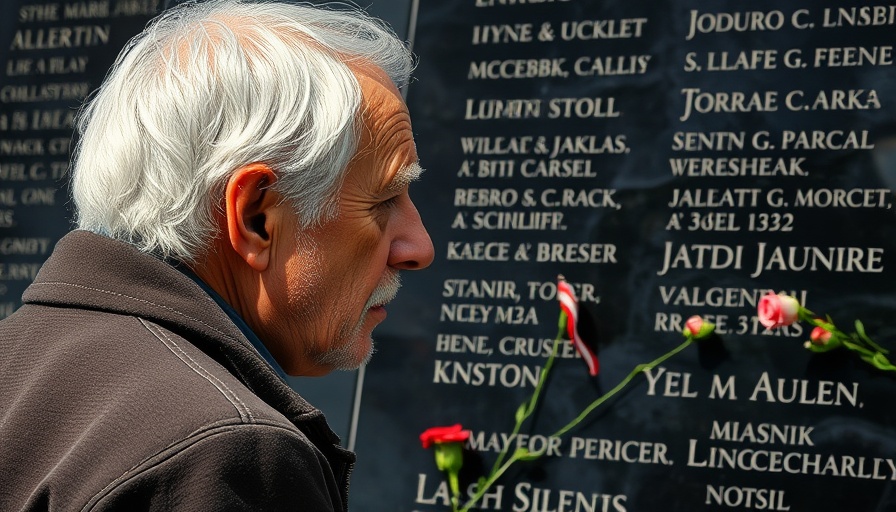
Trump's Ambitious Plan for the 9/11 Memorial
In a surprising turn of events, President Donald Trump’s administration has begun exploring the idea of federal control over the National September 11 Memorial & Museum located in New York City. This initiative, casually referenced as a possibility, raises several questions about the intended management of one of America’s most symbolic sites.
The 9/11 memorial, inaugurated in 2014, stands on the grounds where the Twin Towers fell, featuring two stunning memorial pools and an underground museum that has drawn nearly 90 million visitors over the years. Critics, however, assert that the federal government taking control does not relate well with Trump’s own philosophy of cutting back governmental oversight.
Conflicting Perspectives on Ownership
Beth Hillman, the president and CEO of the memorial, has contested the feasibility of a federal takeover. She emphasized the significance of maintaining the memorial as a local treasure, asserting that it belongs to “New Yorkers — the families, survivors, and first responders” who have nurtured its legacy since the tragic events of 2001. The museum's operation is robust, having generated a surplus of nearly $9 million based on its recent tax filings, proving that local management has been both effective and viable.
Public Concern and Historical Context
Further complicating matters, New York Governor Kathy Hochul raised alarms regarding the potential motivations behind federal interests in the memorial. With past incidences of influence over historical narratives in federal monuments, Hochul’s viewpoint reflects fears that such actions may reshape the understanding of important events. She firmly stated, “Before he meddles with this sacred site, the President should start by honoring survivors and supporting the families of victims.”
A Balancing Act Between Local and National
With the Trump administration's previous budget cuts affecting healthcare programs for individuals suffering illnesses connected to the aftermath of the World Trade Center attacks, Hochul’s concerns resonate strongly. It serves as a reminder that while memorials may symbolize unity and bravery, their management must align with the values held dearly by the communities they represent.
Conclusion: Should Historical Sites Remain Local?
The ongoing debate over the potential federal takeover of the 9/11 Memorial invites reflection on who truly owns such important historical sites. As discussions unfold, the voices of affected families, survivors, and local authorities will play a vital role in steering the narrative. The question remains — should national interests supersede local attachments to history?
 Add Row
Add Row  Add
Add 




Write A Comment